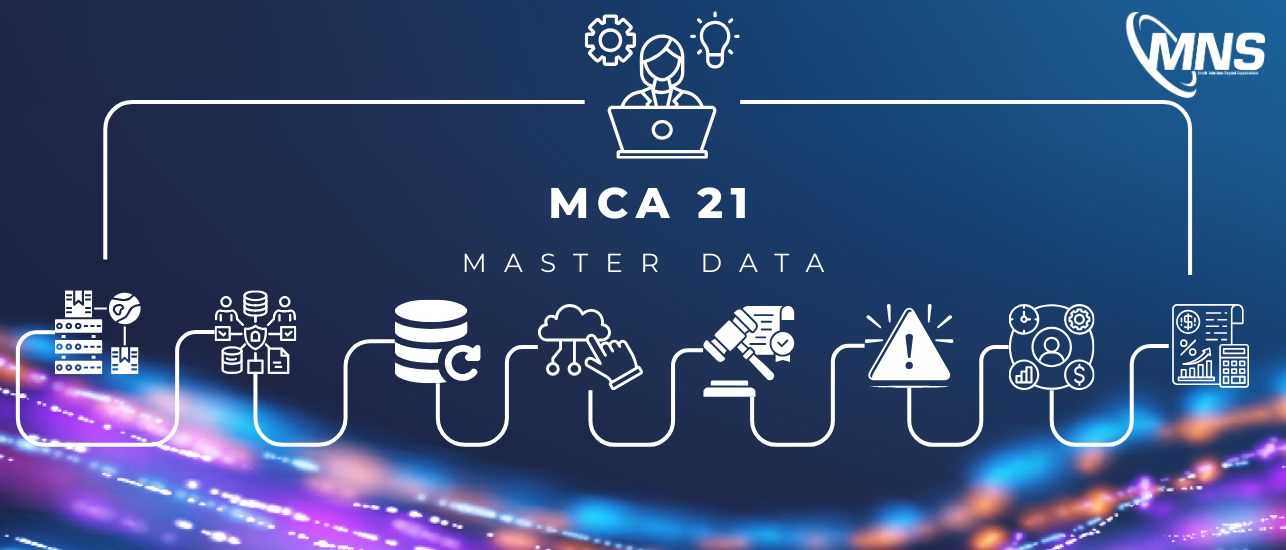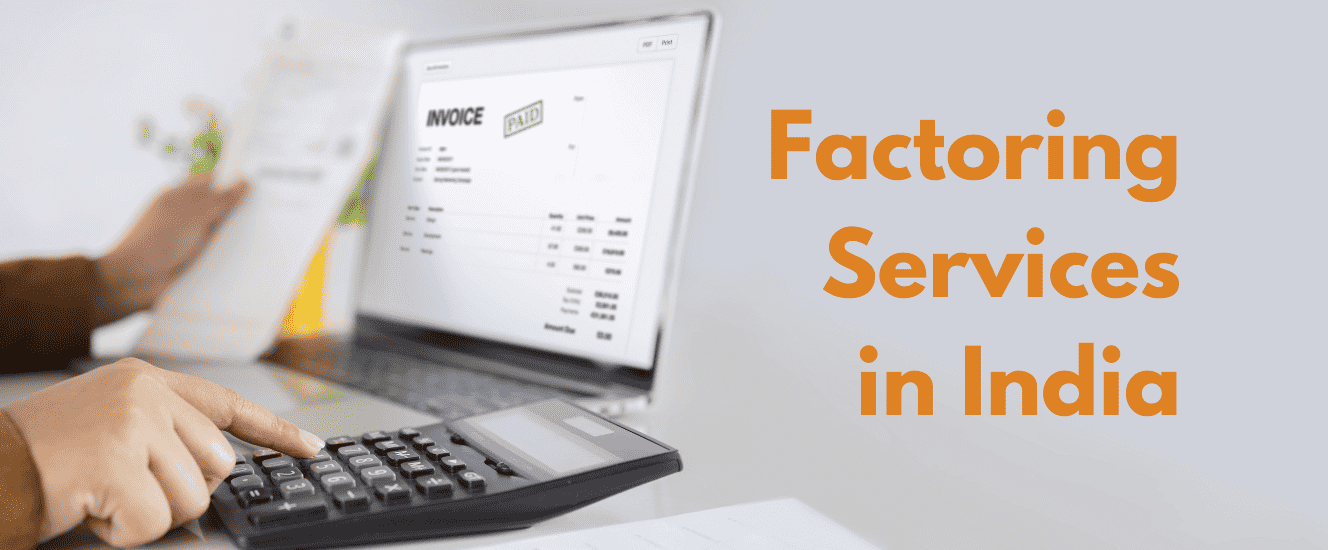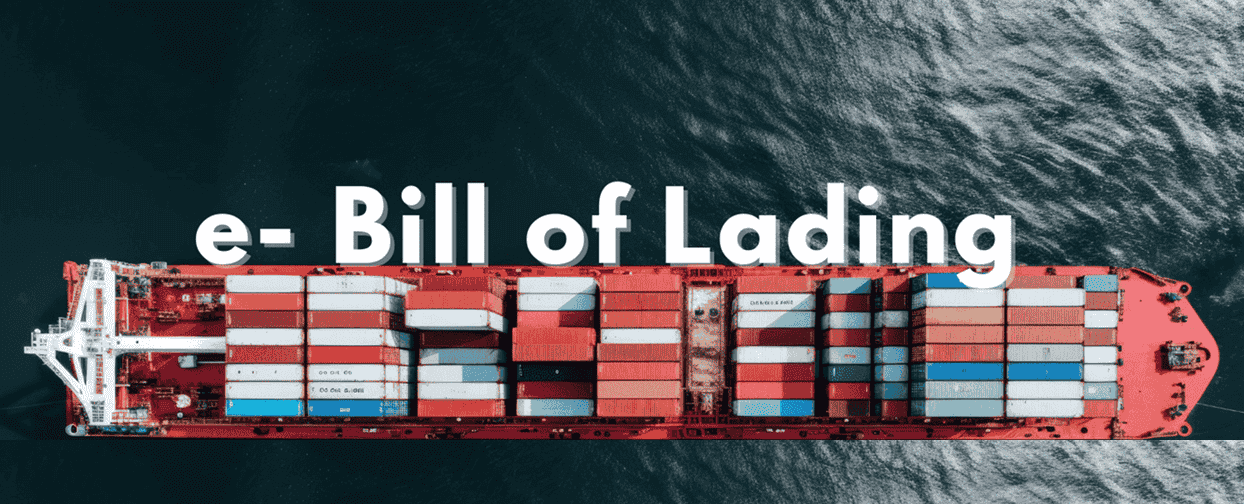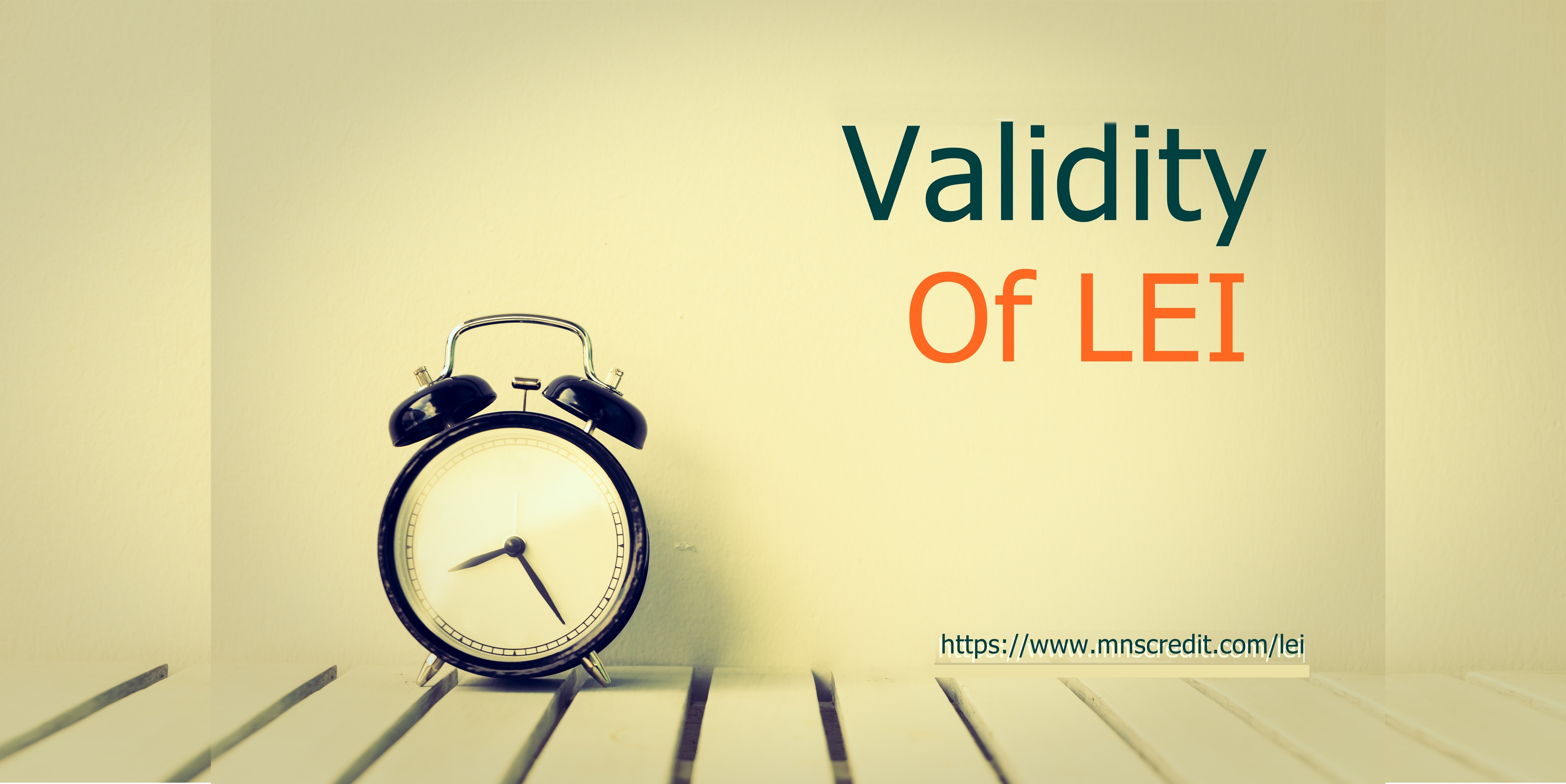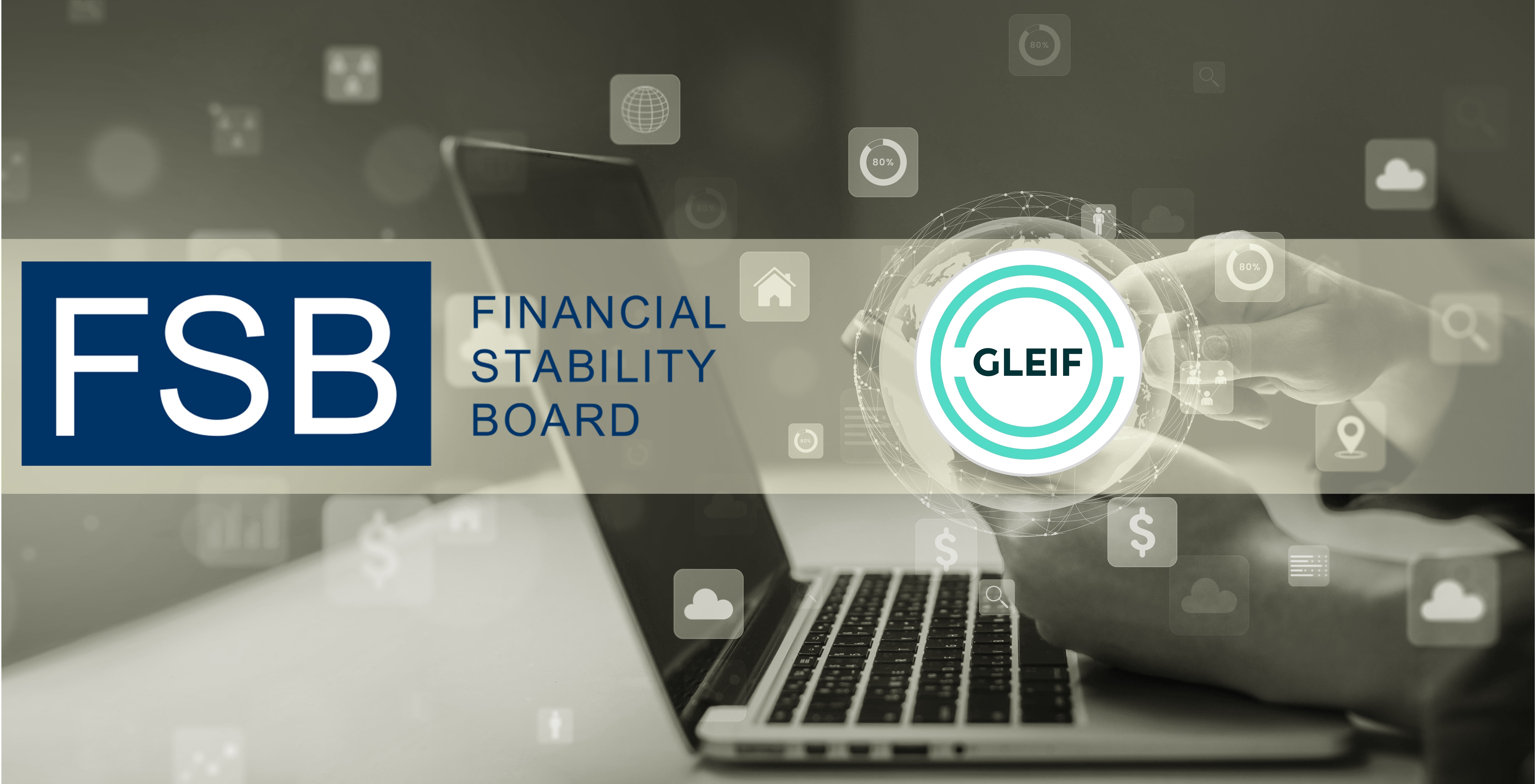The Legal Entity Identifier (LEI) Compliance Value Chain refers to the series of processes, stakeholders, and regulatory requirements involved in obtaining, maintaining, and ensuring the accuracy of LEIs for legal entities conducting financial transactions. LEIs are globally recognized codes that uniquely identify legal entities in the financial markets, playing a crucial role in regulatory reporting, risk management, and enhancing transparency. The value chain encompasses the initial LEI registration, periodic updates, validation processes, data accuracy checks, and ongoing compliance with global regulatory standards, ensuring that financial institutions and their clients adhere to the required legal frameworks.
In today’s global financial ecosystem, transparency and compliance are non-negotiable. The Legal Entity Identifier (LEI) plays a vital role in strengthening trust across the compliance value chain, helping regulators, businesses, and financial institutions verify entities worldwide. From simplifying regulatory reporting to preventing fraud, LEI has become the cornerstone of global compliance.
The International Organization for Standardization (ISO) developed the ISO 17442 standard, which forms the basis for the 20-character alphanumeric Legal Entity Identifier (LEI). This standard links to essential reference data, enabling the distinct and unambiguous identification of legal organizations engaged in financial transactions. Each LEI provides details regarding an entity's ownership structure, addressing the questions of "who is who" and "who owns whom." Essentially, the publicly accessible LEI data pool significantly enhances transparency in the global economy. LEI compliance is essential for transparency, risk management, and efficiency across the value chain in global trade.
GLEIF's Global LEI Index plays a major role in promoting transparency by providing convenient and free access to the complete LEI data for all interested parties. Authorities worldwide use the Legal Entity Identifier to make markets more transparent, with its usage mandated by more than 116 laws. In regulated environments, financial transactions often require the declaration of the LEI number by both counterparties.
The LEI database, which is publicly available, contains more than two million LEI numbers and codes. Historically, legal entities employed a wide range of identifiers for various purposes. The LEI is gradually replacing these diverse identifiers. The LEI's global nature and independence from the type of entity make it unique and well-positioned to become a standard identifier used by all businesses and countries.
The LEI can serve as a "master identifier" in the international digital economy, reducing the need for previous identifiers without necessarily replacing them. For example, an entity's International Securities Identification Number (ISIN) can be found in an LEI record, providing multiple data points for validating or verifying any given business.
The compliance value chain comprises four main parts: onboarding, monitoring, detection, and reporting. The LEI compliance positively affects every element of this broader compliance process.
1. Onboarding: During the onboarding process, the LEI is crucial for Customer Due Diligence (CDD), Know Your Customer (KYC), and Anti-Money Laundering (AML) processes. The LEI helps ensure that legal entities are accurately identified and their ownership structures are clearly understood.
2. Monitoring: LEIs are used in monitoring transactions, communications, and market surveillance. By providing a standardized identifier, the LEI helps track and monitor activities more effectively, enhancing transparency and reducing the risk of fraud or illicit activities.
3. Detection: In the detection phase, which includes risk management, cybersecurity, and capital planning/stress testing, the LEI helps identify potential risks and vulnerabilities associated with specific legal entities. This facilitates better risk assessment and management.
4. Reporting: LEIs play a key role in information security, financial, and regulatory reporting. They ensure that reports are accurate and consistent, providing regulators and other stakeholders with reliable data on legal entities.
Internal systems, continuous background ID checks, and compliance management are examples of process tools and controls that benefit from LEI compliance. The LEI enhances the efficiency and effectiveness of these processes by providing a standardized identifier that can be used across various systems and applications.
The LEI Compliance Value Chain ensures transparency, trust, and regulatory alignment across global financial markets. By obtaining a Legal Entity Identifier (LEI), businesses become part of a standardized global system that uniquely identifies legal entities engaged in financial transactions. This compliance value chain strengthens risk management, prevents fraud, and enhances reporting accuracy for regulators, banks, and investors. As the Official LEI Registration Website, we simplify the registration and renewal process, ensuring entities remain compliant with international mandates such as MiFID II, EMIR, and other regulatory frameworks. Our seamless process helps organizations maintain credibility, reduce operational risks, and build long-term trust in the marketplace.
Why LEI is Essential in the Compliance Value Chain
Registering Through the Official LEI Registration Website
For businesses in India, obtaining an LEI is simple and transparent when done through the official LEI registration website.
The Legal Entity Identifier (LEI) is a critical tool for enhancing transparency and compliance in the global financial system. By providing a standardized identifier for legal entities, the LEI improves the accuracy and reliability of financial transactions, regulatory reporting, and risk management processes. GLEIF's Global LEI Index plays a vital role in making LEI data accessible to all interested parties, contributing to a more transparent and secure global economy. As the LEI continues to gain adoption, it has the potential to become a universal identifier that simplifies and enhances compliance processes across the financial industry.
FAQ(frequently asked questions):
1. Why is the LEI important in compliance?
The LEI plays a key role in the compliance value chain by:
2. Is LEI mandatory in India?
Yes, the Reserve Bank of India (RBI) and Securities and Exchange Board of India (SEBI) have made LEI mandatory for:
3. Who needs an LEI?
Any legal entity involved in financial transactions, including:
4. What happens if a company does not obtain an LEI?
5. How does LEI compliance benefit supply chains?
LEIs standardize identity verification across suppliers, buyers, and financial partners. This reduces counterparty risks, ensures regulatory compliance, and strengthens supply chain integrity.
6. How does LEI enhance transparency and reduce risk?
7. What is the future of LEI in global trade?
LEIs are expected to become a standard requirement in trade finance, supply chain management, and ESG reporting, making them integral to secure and transparent global commerce.
8. What role does the Official LEI Registration Website play?
As an official LEI registration partner, It simplify the LEI application, renewal, and data maintenance process, ensuring entities remain compliant and up to date.
